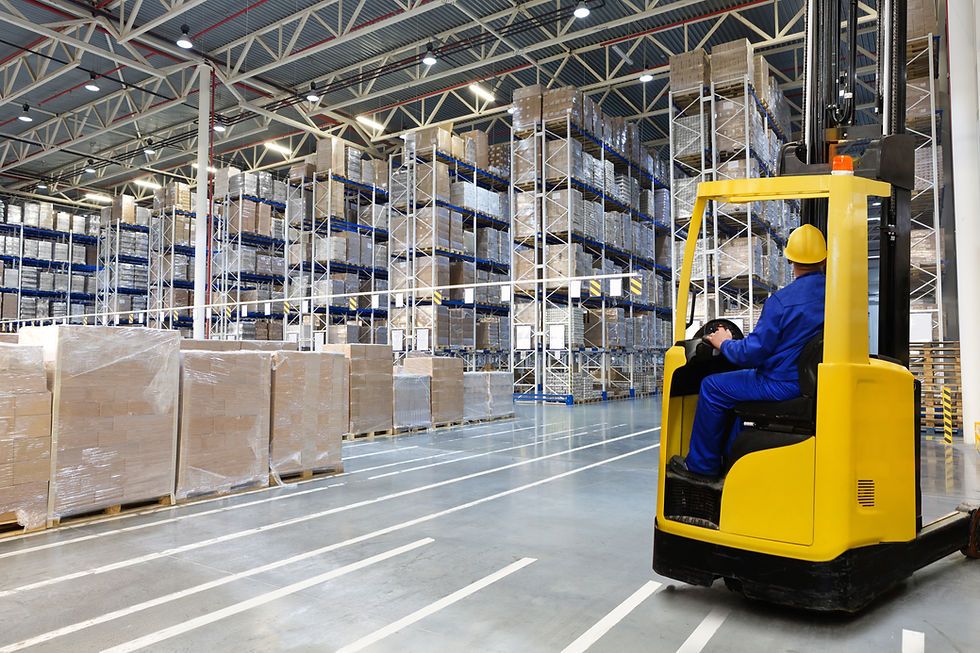Understanding Warehouse Legal Liability Insurance: Protecting Your Business and Your Goods
- Guest Expert
- Apr 7, 2023
- 3 min read
Updated: Jan 14

Warehouses are essential to the supply chain, providing a safe and secure place to store goods before they reach their final destination. However, despite the best efforts of warehouse operators, accidents can happen, and goods can be damaged, lost, or stolen. This is where warehouse legal liability insurance comes in, providing coverage for the legal liability that a warehouse operator may face if something goes wrong. In this article, we will explore the intricacies of warehouse legal liability insurance, the benefits of purchasing such a policy, and what factors to consider when deciding whether to invest in it.
What is Warehouse Legal Liability Insurance?
Warehouse legal liability insurance, also known as bailee insurance, is a type of insurance that provides coverage for the legal liability that a warehouse operator may face for damage or loss of goods in their care, custody, or control. This coverage can protect both the warehouse operator and their customers in case of accidents, theft, or other incidents that can result in financial losses.
Benefits of Warehouse Legal Liability Insurance
The primary benefit of warehouse legal liability insurance is that it provides protection for both the warehouse operator and their customers. By purchasing such a policy, the warehouse operator can protect themselves from the legal liability that they may face if goods are damaged, lost, or stolen while in their care. Additionally, customers who store their goods in the warehouse can have peace of mind knowing that they are protected in case of any accidents or incidents that result in financial losses.
Another benefit of warehouse legal liability insurance is that it can be customized to fit the needs of the warehouse operator and their customers. The policy can be tailored to cover specific types of goods or specific types of incidents, such as fire or theft.
Drawbacks of Warehouse Legal Liability Insurance
One of the main drawbacks of warehouse legal liability insurance is that it can be expensive. Premiums are based on the value of the goods stored in the warehouse, as well as the level of risk associated with the warehouse operations. This means that warehouse operators may need to pay a high premium to ensure adequate coverage.
Another drawback of warehouse legal liability insurance is that it may not cover all types of incidents. For example, some policies may exclude coverage for certain types of natural disasters, such as floods or earthquakes.
Factors to Consider When Purchasing Warehouse Legal Liability Insurance
Before purchasing warehouse legal liability insurance, it is important to consider several factors. First, warehouse operators should assess the value of the goods stored in the warehouse and the level of risk associated with their operations. They should also research the reputation and financial stability of the insurer before purchasing a policy.
Additionally, warehouse operators should carefully review the policy to ensure that it provides adequate coverage for their specific needs. They should also consider any exclusions or limitations in the policy and whether additional coverage may be necessary.
Warehouse legal liability insurance is an important type of coverage that provides protection for both warehouse operators and their customers in case of accidents or incidents that result in financial losses. While it can be expensive, it can also be customized to fit the needs of the warehouse operator and their customers. Before purchasing such a policy, it is important to carefully consider the value of the goods stored in the warehouse, the level of risk associated with the operations, and the reputation and financial stability of the insurer.



Comentários